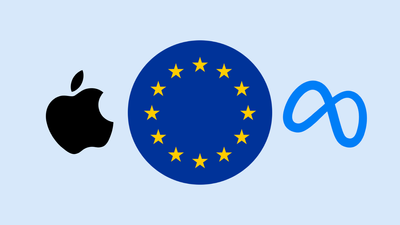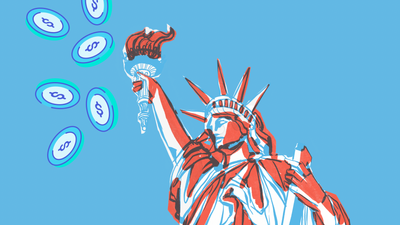AI Hollywood

Hi ZipLawyer! Today’s Memo:
🍿 Are AI movies coming soon?
👊 China's antitrust counterpunch
📦 Tariff Trouble for Shein & Temu
🐟 Clifford Chance, Cleary, Skadden lead on Cartel case
💰 HSF, Eversheds advise on pension deal
🙋 What is a monopoly?
AI Hollywood
While newspapers and record labels are cashing in on AI licensing deals, Hollywood is giving OpenAI the cold shoulder. The tech giant has spent months trying to woo major studios like Disney, Warner Bros., and Universal to adopt its video-generating AI, Sora, but so far? Crickets. Studios aren’t keen on a repeat of the Netflix-YouTube era, where tech companies made bank while they got the short end of the stick.
The biggest concerns? Data misuse, union backlash, and industry upheaval. Nobody wants to be the villain who handed AI the keys to Hollywood. However, Lionsgate cut a deal with AI startup Runway to train a custom model on its film catalog. Other studios are cautiously testing AI-assisted production tools but remain reluctant to license their full libraries.
For now, OpenAI is dangling lucrative partnerships, but Hollywood isn’t biting—stuck between the promise of innovation and the fear of making a blockbuster mistake.

Antitrust Power Play
China is dusting off its old antitrust files, reopening probes into Google and Nvidia while eyeing Apple as its next target—all conveniently timed as trade tensions with Donald Trump heat up. Regulators are once again poking at Google’s Android grip on Chinese phonemakers like Xiaomi and Oppo, reviving a 2019 case just as Trump slaps on fresh tariffs. Nvidia, fresh off its AI boom, is now being grilled over its 2019 Mellanox deal, which regulators claim had more fine print than a dodgy phone contract. With Trump doubling down on trade war threats, China’s regulatory counterpunch is a clear warning: the economic fight is far from over.
Tariff Trouble for Shein & Temu
Bad news for bargain hunters: Shein and Temu’s low-cost magic trick just got harder. Trump is axing the de minimis rule, which let packages under $800 enter the U.S. tariff-free—meaning higher costs, slower deliveries, and a potential price hike for those ultra-cheap finds. With 30% of tariff-free U.S. shipments coming from these Chinese giants, customs bottlenecks are now in their future. Meanwhile, Amazon and its budget-friendly Haul brand might quietly celebrate, dodging a brutal price war. Shen and Temu might resort to setting up US warehouses but that comes with its own regulatory headaches.
Clifford Chance, Cleary, Skadden lead on Cartel case
Subscribe to continue reading






